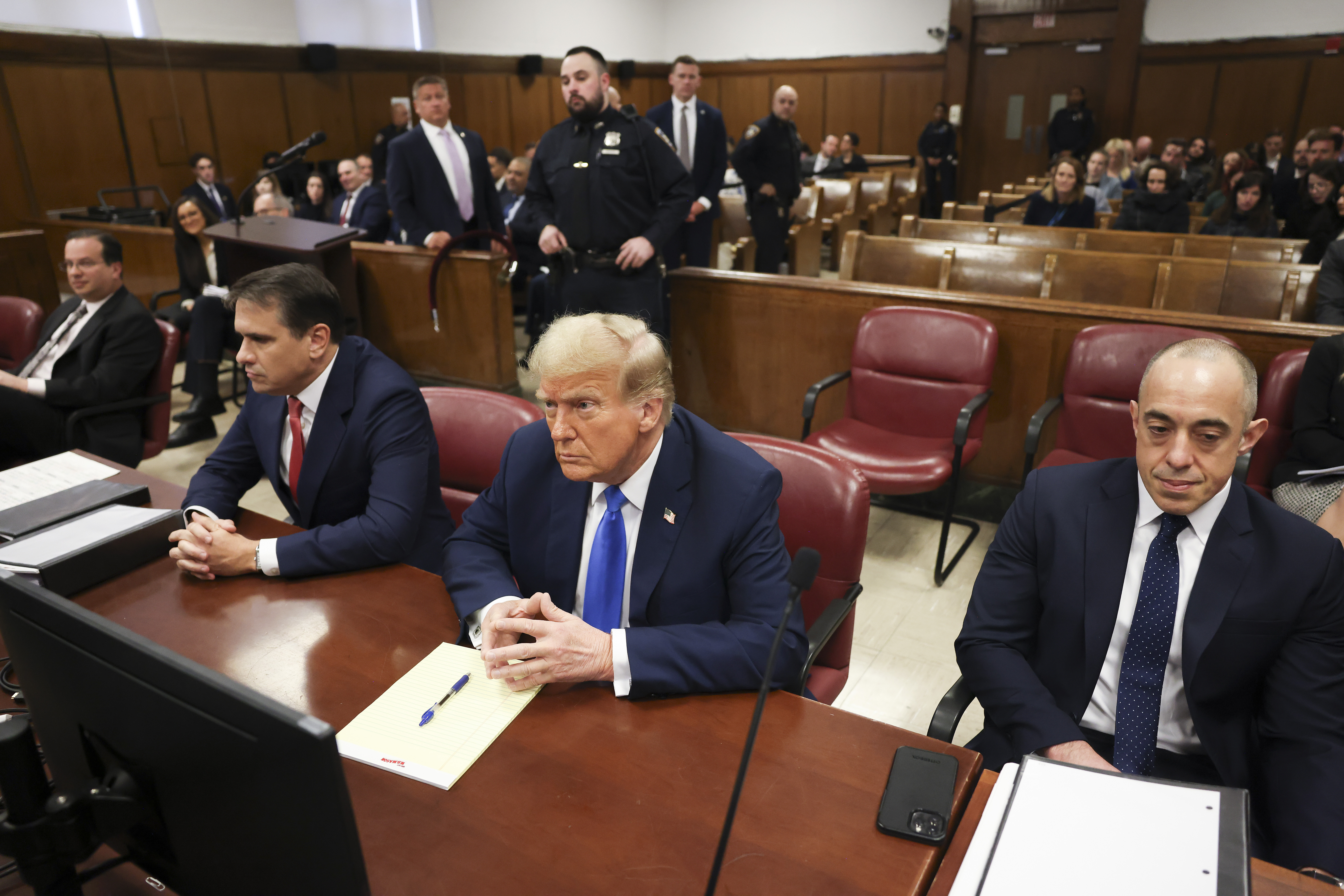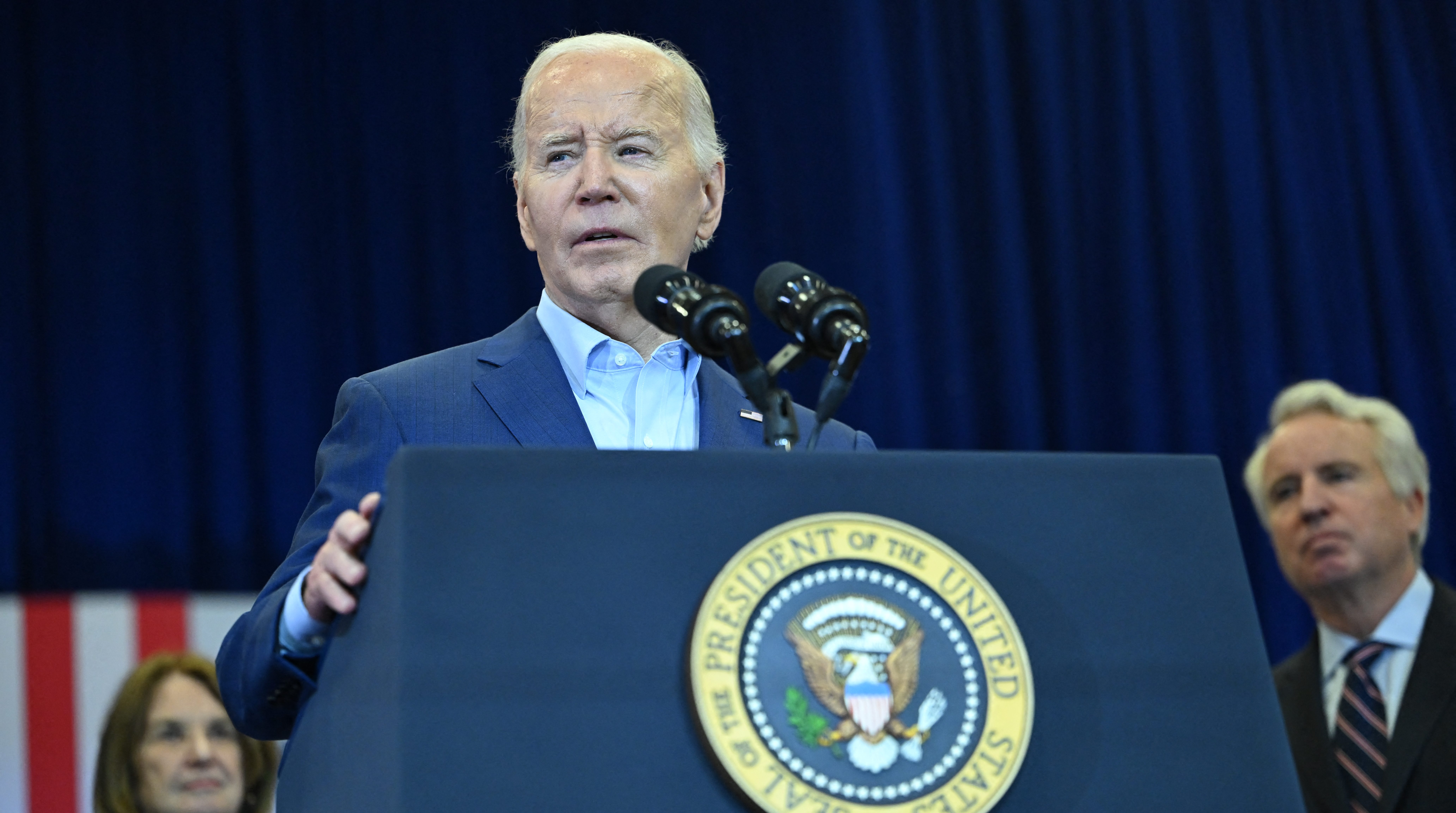Protectors of Maine's image as Vacationland - an identity so dear that it's on the state's license plates - want to make sure their outspoken governor doesn't turn off tourists.
The concern over Republican Gov. Paul LePage has cropped up among people who make their living persuading people to come to Maine - either to work or to play - since he made racially charged remarks and left an obscene, threatening voicemail last week for a Democratic lawmaker.
David Weeda, owner of the Williams Pond Lodge bed and breakfast in Bucksport, said LePage's behavior frequently comes up for discussion among his guests. He just hopes it doesn't start keeping them away.
"If anybody thinks the world does not watch these sort of antics when they play out on the national stage, let me assure people that the world is watching," he said.
Tourism is vital to Maine's economy, employing nearly 100,000 people. The sector is riding high, having grown during LePage's administration to a $5.6 billion industry last year, according to the Maine Office of Tourism. The state has also struggled to attract major employers, and employment has been slow to recover since the recession.
The words "Worth a visit, worth a lifetime" appear on highway road signs near the state border, projecting an attitude that is friendly toward relocating workers. The governor's comments could damage that reputation, said Charles Colgan, professor emeritus of economics at University of Southern Maine.
"I think all the attention that the governor's remarks have gotten has not helped - they've been noticed by people who might come here and become part of the workforce," he said.
LePage's office did not respond to a request to comment for this story. The governor, elected in 2010, vowed Wednesday never to talk to reporters again.
David Goldberg, an advertising and public relations executive for a firm in Portland that manages some prominent Maine brands, said the LePage controversy represents a "brand crisis" for the state. But he said it's one Maine is prepared to weather if business leaders put the state's best face forward to potential newcomers.
Politics
"People are paying attention now, directly or in their minds, about what's going on up there in Maine," he said. "Getting out in front of this thing and having strong leadership, that matters a lot."
Greg Dugal, director of government affairs for the Maine Restaurant Association and the Maine Innkeepers Association, said the state's tourism industry needs to lean on the majority of its tourists who are repeat visitors.
Tourists who are hooked on Maine won't be easily dissuaded from returning, Dugal said.
"People will continue to come based on the product and not on anything any politician says," he said.
But some people are already saying they will stay away because of the governor. Dozens of people have posted on Twitter using #boycottmaine since Aug. 24.
That was the day LePage, who's white, said during a town hall meeting that he keeps a three-ring binder of photos from drug busts and most "are black and Hispanic people from Waterbury, Connecticut; the Bronx; and Brooklyn."
Some occasional Maine tourists interviewed by The Associated Press said they are canceling plans or avoiding coming to the state because of LePage's actions. One, Greg Mercer of Arlington, Massachusetts, even said he would avoid Maine lobster.
"His most recent words and actions are building to a crescendo, and people are looking for new ways that they can effect change," said Collin Rees, a Washington, D.C., resident who changed his Labor Day weekend travel from Maine to New Hampshire.



